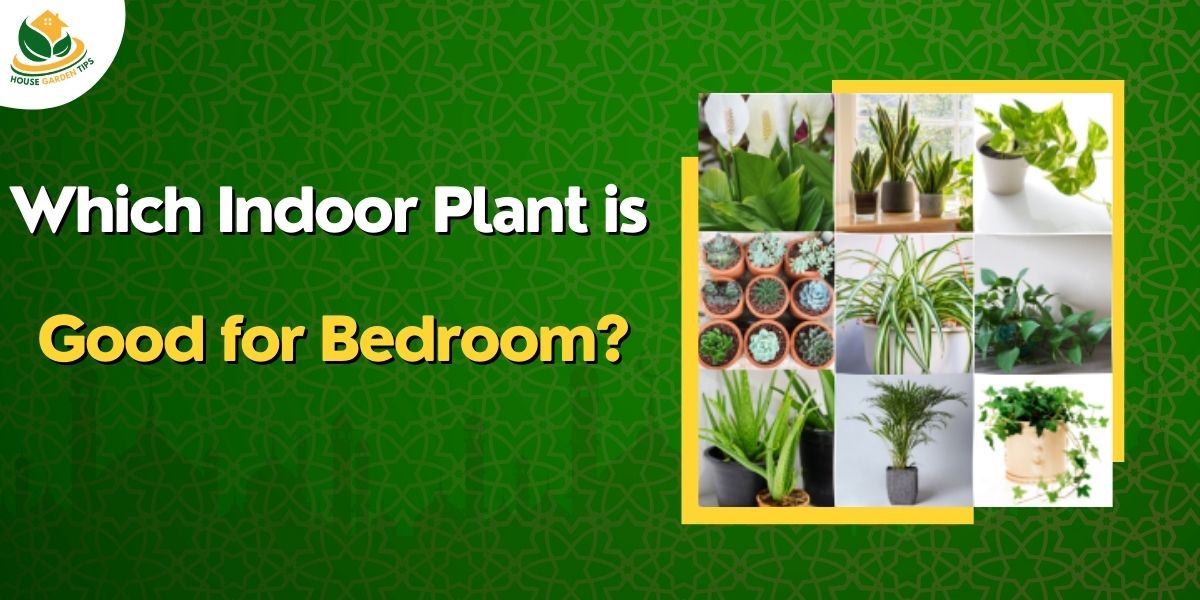Table of Contents
DO INDOOR PLANTS ATTRACT MOSQUITOES OR REPEL MOSQUITOES?
Some indoor plants can reduce the number of mosquitoes that visit your home, but you should be aware of the potential mosquito breeding grounds too. Most plants have flowers that contain nectar, which provides a sweet food source for certain insects like bees and butterflies and a moist source for mosquitoes to grow. Because these plants emit carbon dioxide as well as water vapour, they also create humid conditions which are ideal for mosquito breeding.
Some common indoor plants are kept in containers of water or damp soil and out of direct sunlight to minimize the risk of attracting unwanted visitors. But these might serve as a sweet spot for mosquito breeding and also for the growth of fungus. If you want to reduce the number of mosquitoes in your home, have a look at our list of houseplants that attract & repel mosquitoes. Moreover, it’s a good idea to clean your home regularly and get rid of any source of standing water.
A List of Plants that attract mosquitoes
1. WATER LILY
Water lilies are indoor plants which have long, narrow leaves that make them difficult for mosquitoes to reach. However, some water lily plants may also attract mosquitoes and other insects that can be vectors for disease. The best way to keep mosquitoes away from your indoor plants is to make sure that they have enough sunlight and water to thrive. You can also apply pesticides to the soil or plant leaves to prevent the pests from encountering them.
2. WATER HYACINTH
Water hyacinth is a highly attractive plant to mosquitoes. This is because they feed on the nectar and pollen from water hyacinth flowers. Mosquitoes are lured to these flowers because they emit a high level of carbon dioxide. When water is trapped in this plant, it becomes stagnant & creates a perfect environment for mosquito breeding, which significantly increases your chances of being bitten. Keeping your property clean and tidy can help you avoid being bitten by mosquitoes.
3. WATER LETTUCE
Water lettuce plants prefer weak light. So keep the area around them clean to prevent mosquitoes from laying eggs on them or being attracted by the plant’s sweet smell. Insecticides can also be sprayed to kill mosquitoes.
4. PAPYRUS & TARO PLANT
Papyrus plants are among the indoor plants luring mosquitoes because they always have some stagnant water around them if frequently watered.
Taro plants, a close relative of papyrus, is also an indoor plant that attracts mosquitoes because it produces sap. It also contains chemical compounds that attract female mosquitoes to lay eggs on them. To prevent these bugs from dwelling on your plants, you can cover the soil with sand. This will keep the sand moist and prevent water from draining out.
5. DAFFODIL
Daffodils are a beautiful flowering plant that is a popular choice for gardens. Unfortunately, this plant attracts mosquitoes because it contains chemicals called terpenes. They are also known for producing an unpleasant odour.
6. PERENNIAL GRASS
Perennial grasses are very popular in the garden because they can grow in many areas. Unfortunately, they are also highly attractive to mosquitoes. Many homeowners choose to remove them from their gardens because they are difficult to get rid of.
Plants that repel mosquitoes
Get Rid of Mosquitoes Using this List:
Like other vegetables of your home garden, the bell pepper also need some plant care at all the stages after transplanting it to the grow bags. Here are some gardening tips to follow.
1. LEMON GRASS
Lemon grass is one of the more common plants that wade mosquitoes. The oils of the plant act as a mosquito repellent, but they can cause allergic reactions in some people. However, these plants can be easy to remove, so not a big hassle.
2. CITRONELLA GRASS
Citronella grass is another common mosquito-wading plant. It also emits an odour that repels the mosquitoes & keeps them checked at bay.
3. CATNIP
Catnip is a plant that is found in most gardens that repel mosquitoes. The plant has a very strong smell that shoos the mosquitoes away from your garden. It is best to keep catnip away from areas where young children or pets may come into contact with it due to its strong smell.
4. CASTOR PLANTS
Castor plants are common in many gardens and lawns and are known for their distinctive smell. It is this distinctive scent of these plants that wade mosquitoes. However, they can also pose a health risk to all who have allergies to the plant’s oil.
5. MARIGOLD
Marigolds have long been used by gardeners as a natural deterrent against insects such as bees, moths and mosquitoes. They are often used as a natural remedy to keep mosquitoes away, but they can also pose a risk to people who suffer from allergies.
6. GERANIUM
These flowering plants can repel mosquitoes, but not all of them! They contain terpenes that mosquitoes find attractive and can be used to trap them. There are some amongst this family that lure the mosquitoes such as German Chamomile, Purple Coneflower, Citronella Geranium and Ginger Geranium.
7. LEMON BALM
Lemon balm has an ingredient called citronellal, which is produced by several species of citronella plants that have a sweet lemon scent. The smell of citronellal is an effective mosquito repellent and wades all the mosquitoes away from their pot.
8. BASIL
Basil is another plant that can acts as an effective natural mosquito repellent because of its aroma. Certain varieties of basil have a strong smell that scares mosquitoes away. For example, Thai basil has a stronger scent than most varieties.
9. ROSEMARY
Rosemary is another plant that scares mosquitoes because of its spicy fragrance. These plants also emit a compound known as camphor that can irritate people’s throats, so it’s a good idea to keep the plant away from where people are sitting.
Standing Water in Your Yard? Better Not!
Several factors can cause mosquitoes to come into a home or yard, but one of the most common problems is caused by plants. Mosquitoes are attracted to certain plants and will avoid other varieties instead. Therefore, it is very important to make sure that plants are well-maintained and don’t overwater them to avoid making a breeding ground for mosquitoes in your home.






